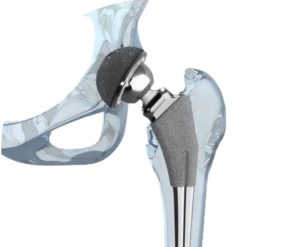Cell phones should—literally—take a back seat while you’re driving.
Cell phone use causes “as many as 28 percent of all traffic crashes” according to an article from the News & Observer of Raleigh on news-record.com. Drivers are too distracted to slow down, stop and avoid accidents. Drivers are especially disadvantaged if objects appear suddenly while they’re looking at a text message. If someone texts or uses other devices—like GPS and iPod—when they should be focused on the road, the disturbance compares to the effects of drinking and driving.
Buckley Strandberg, an insurance executive of Rocky Mount, North Carolina, admits that he manages business using his cell phone—including email—while driving long stretches of U.S. 64.
Quoted in the News & Observer of Raleigh, Strandberg stated, “If I run off the road, there are rumble strips that divert me back onto the road. That has happened occasionally. They seem to work, those rumble strips.”
Unfortunately, Strandberg’s daughter follows his poor example. Tyler Strandberg, 23, wrecked two different automobiles within five weeks because of cell phone distractions. The first wreck occurred when she was arguing on the phone with her father while driving under wintery conditions. Next, she wrecked her grandfather’s car while texting her sister.
Combine the hazards of distracted driving with adverse weather conditions or following too close, and drivers and passengers are faced with costly risks that can be easily avoided. Let the Strandberg family serve as a warning and lesson if you’re guilty of texting while driving, and leave the cell phone in the back seat from now on.










One Comment
Mike Bryant
Very good real life examples. So there are strips on one side, what about all of the cars every where else? The strips need to wake people up and stop this dangerous activity.
Comments for this article are closed.